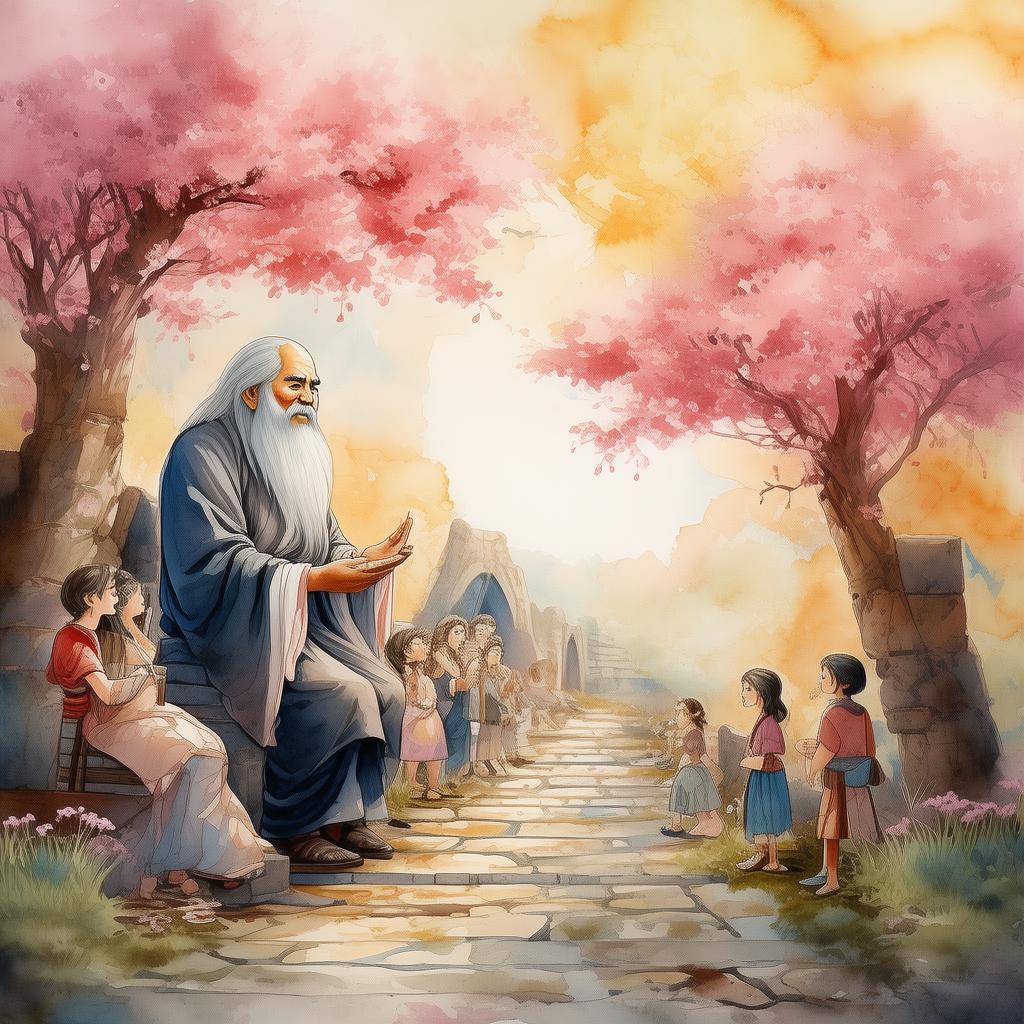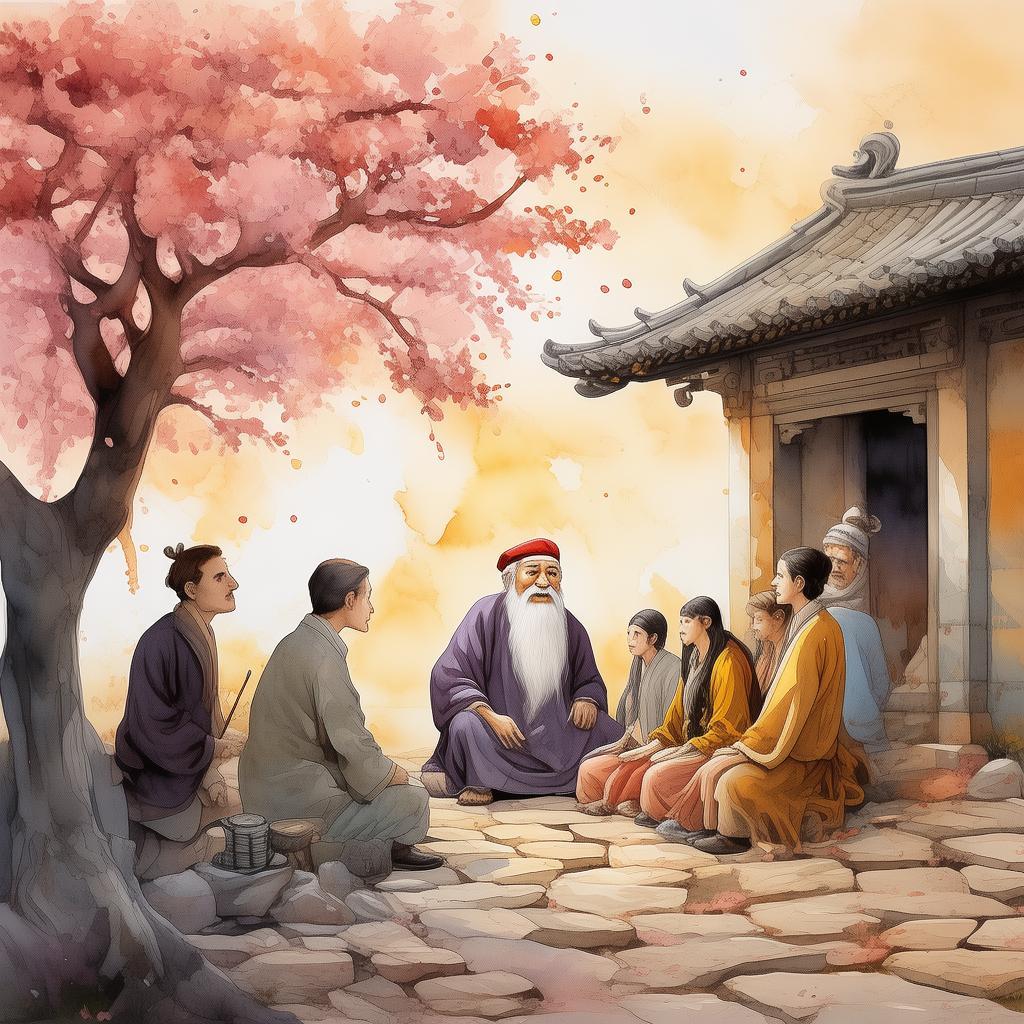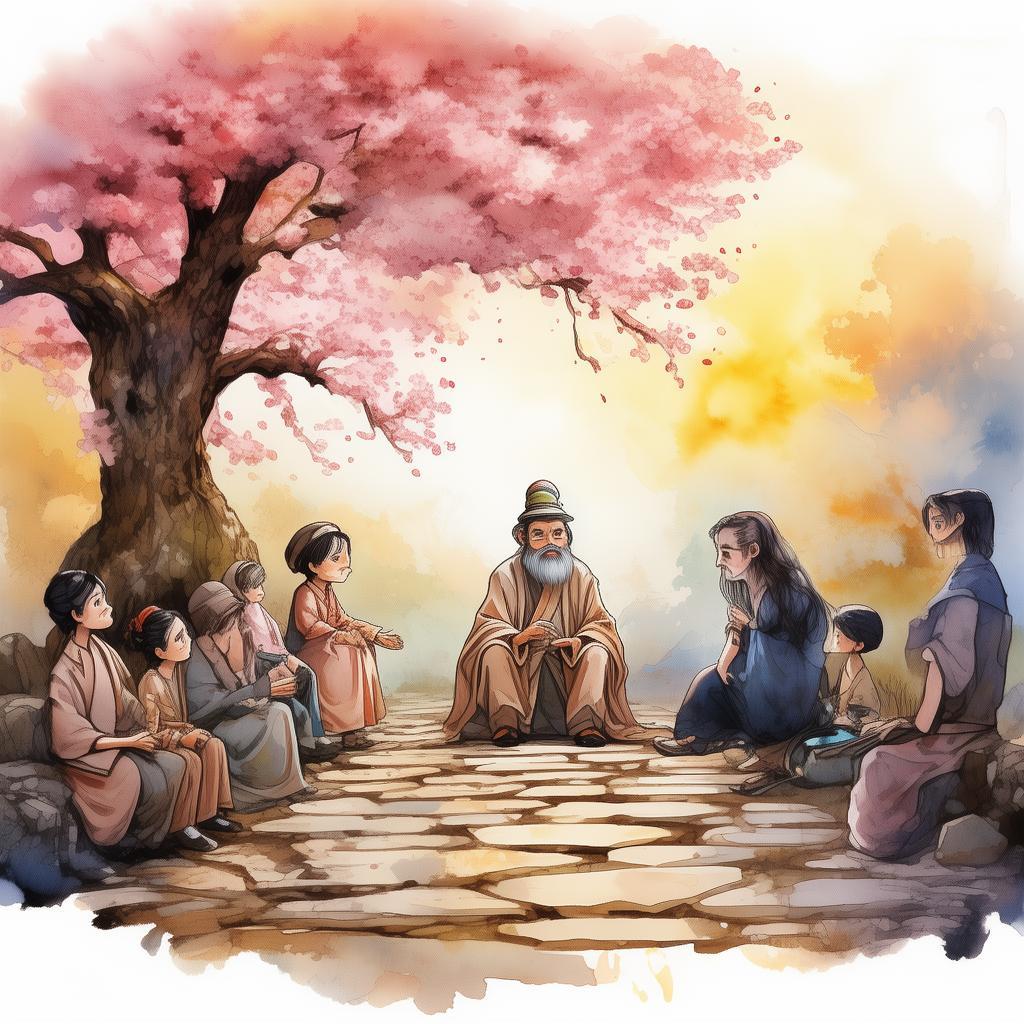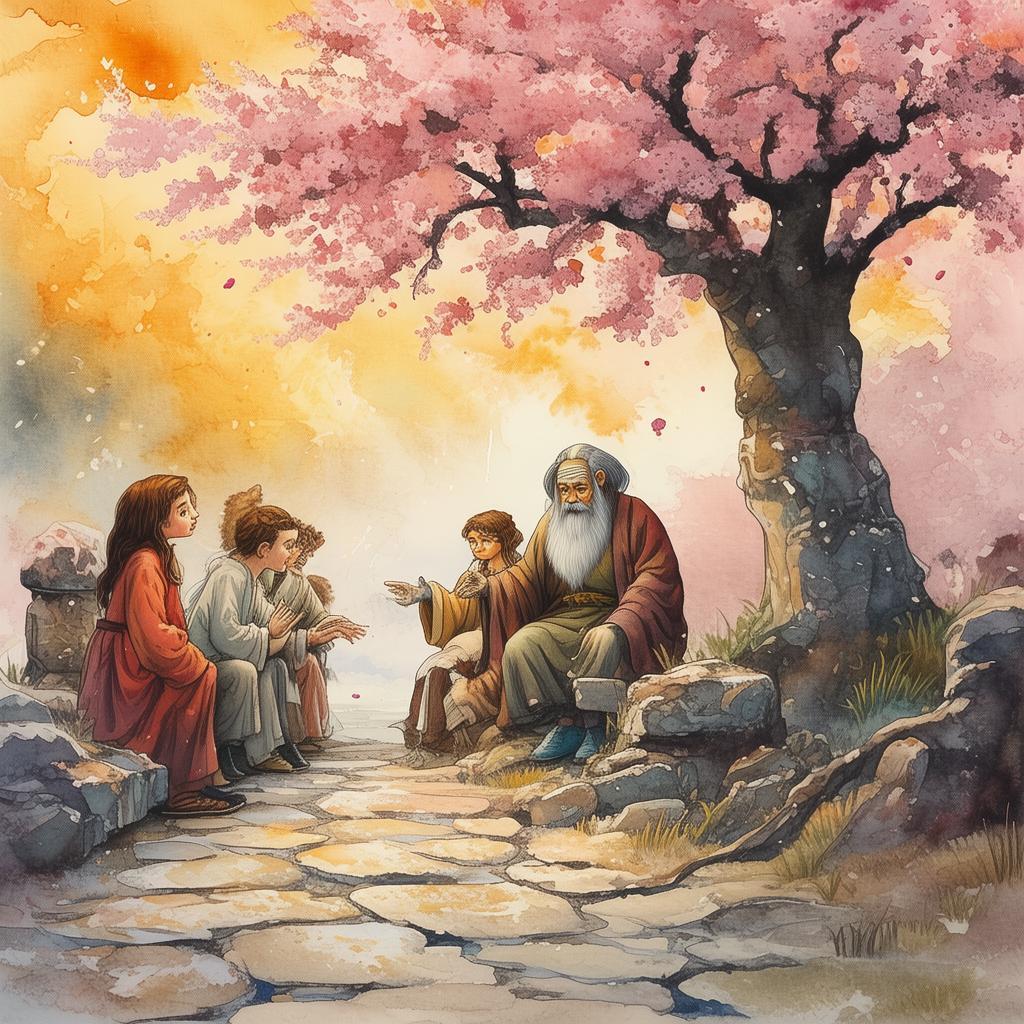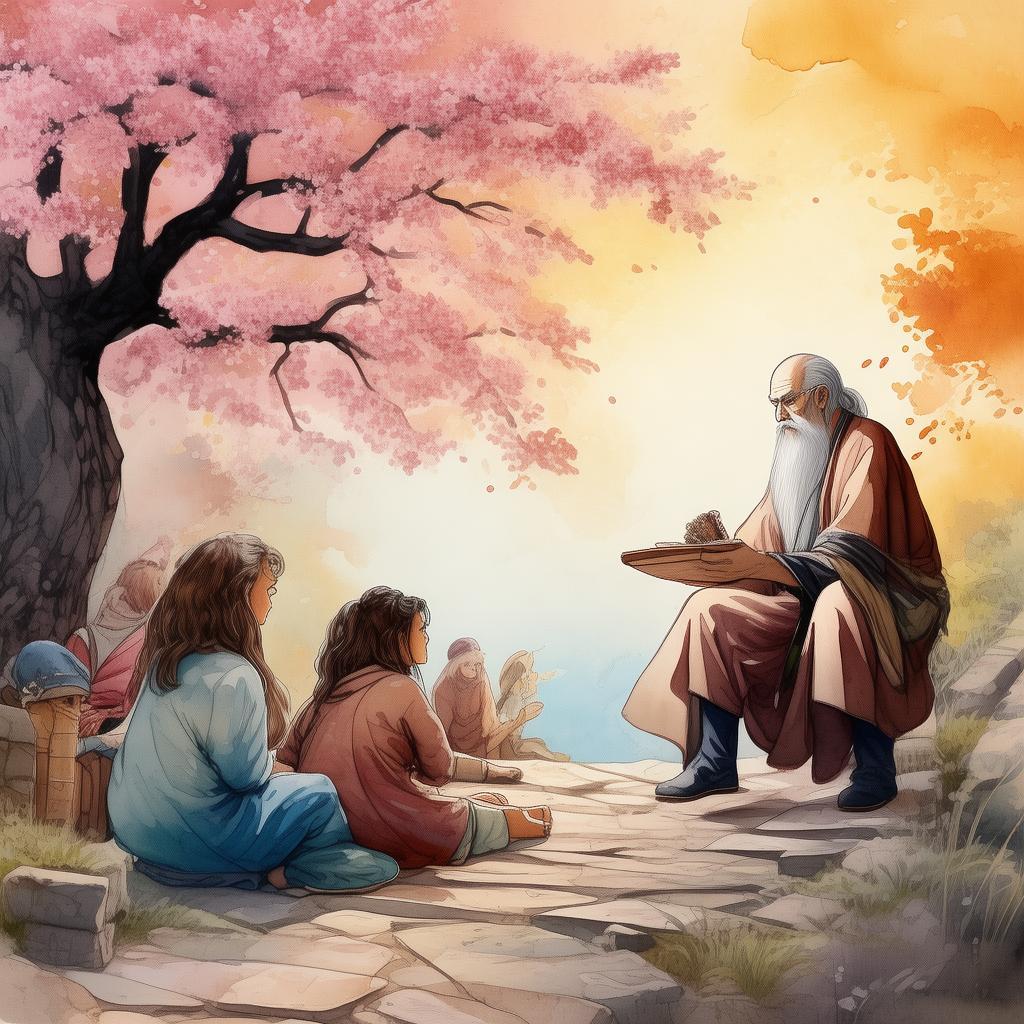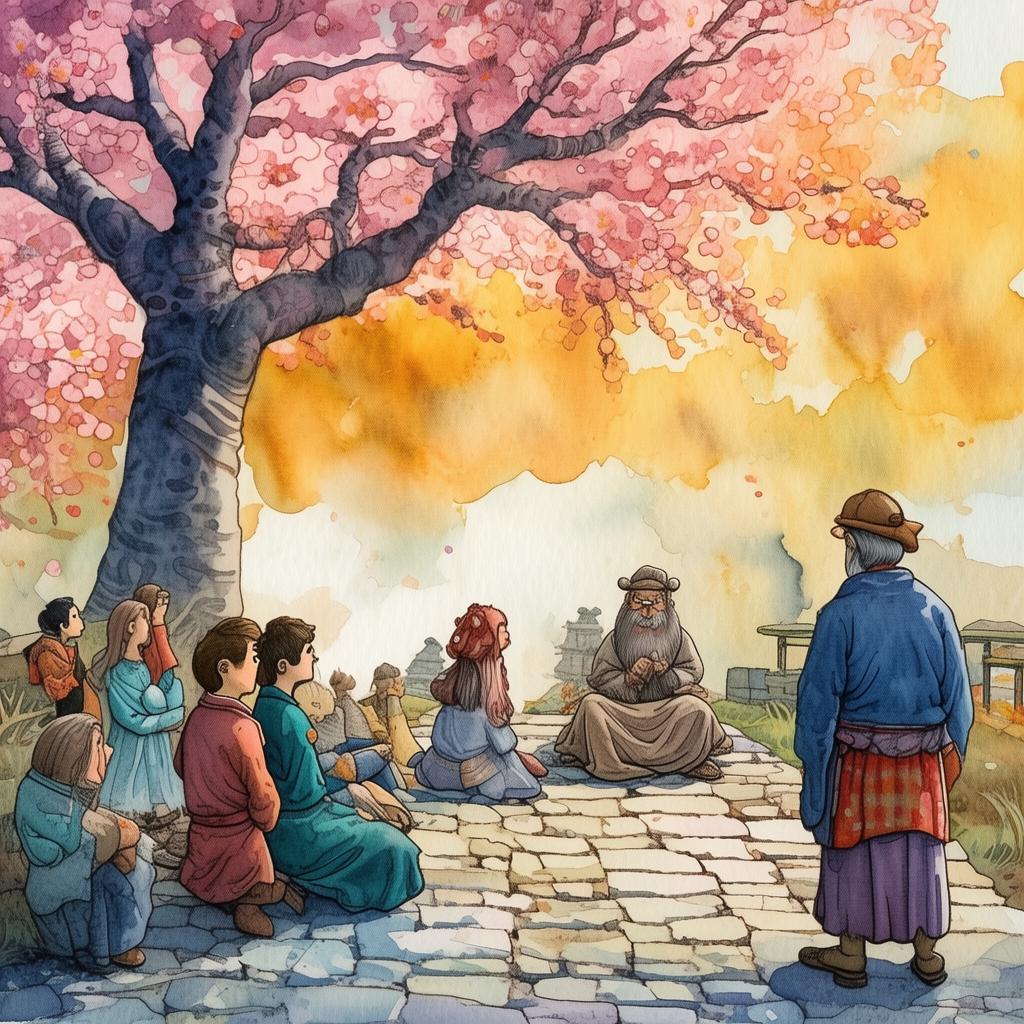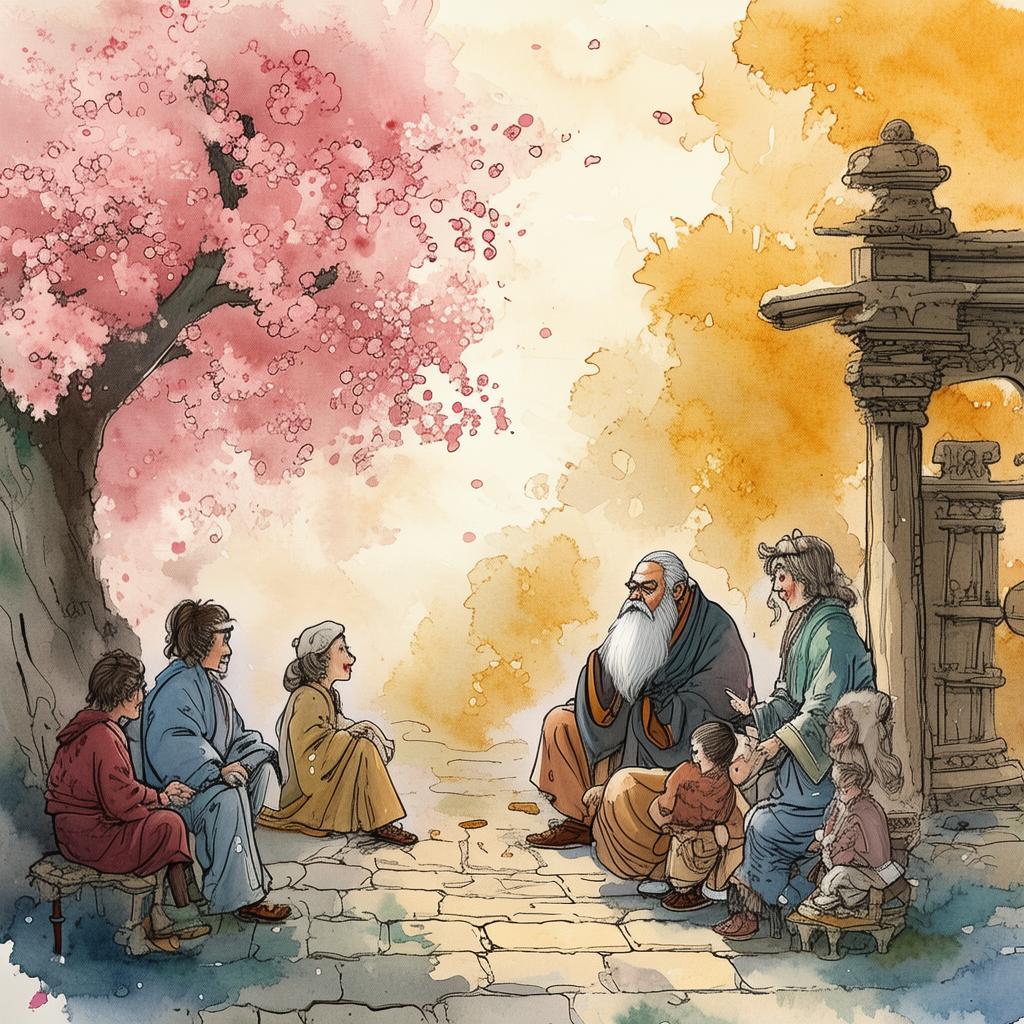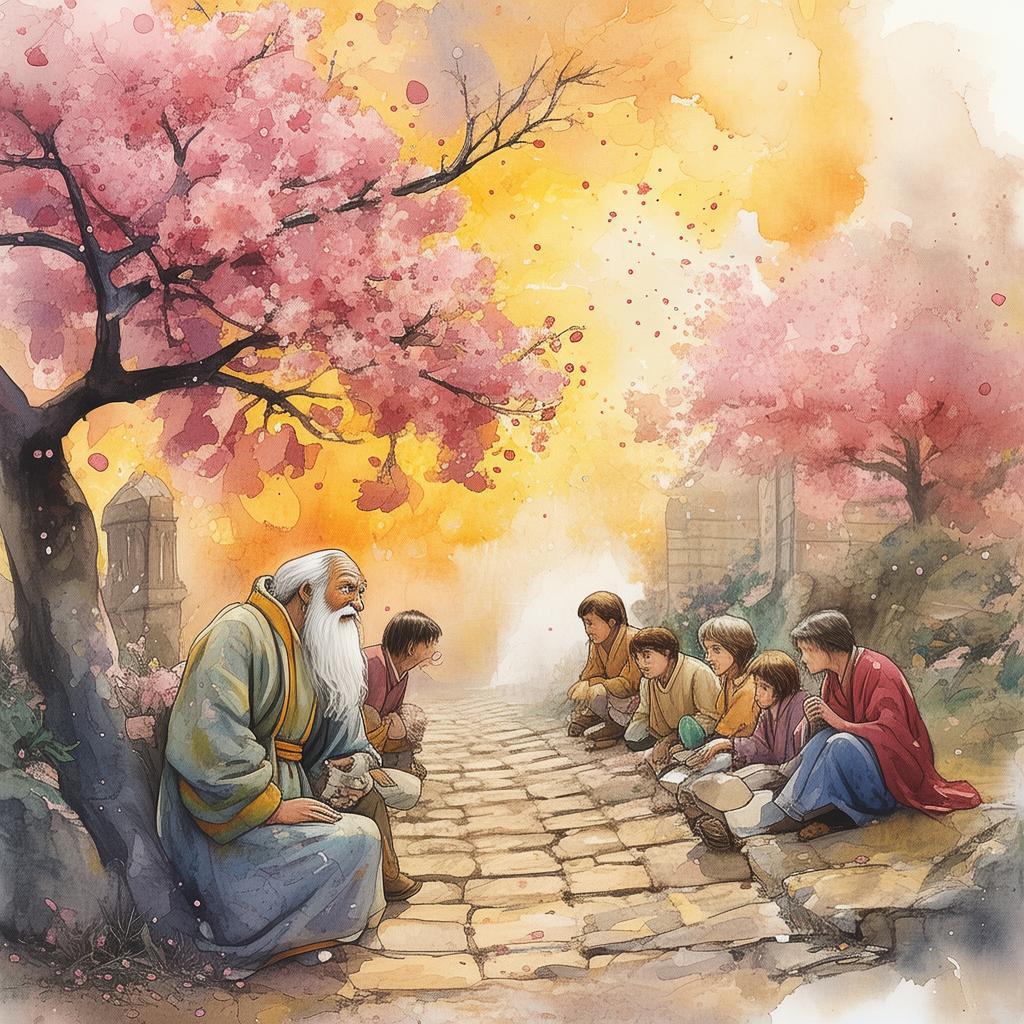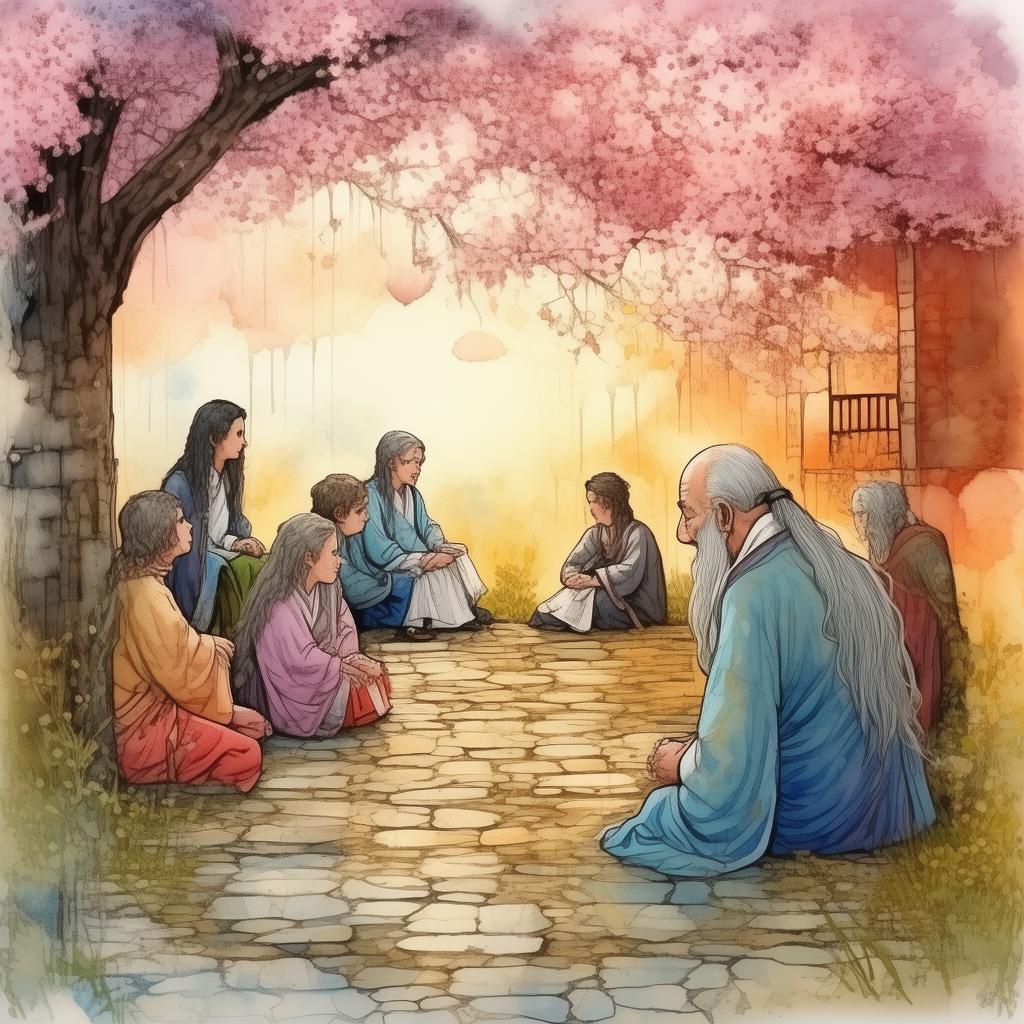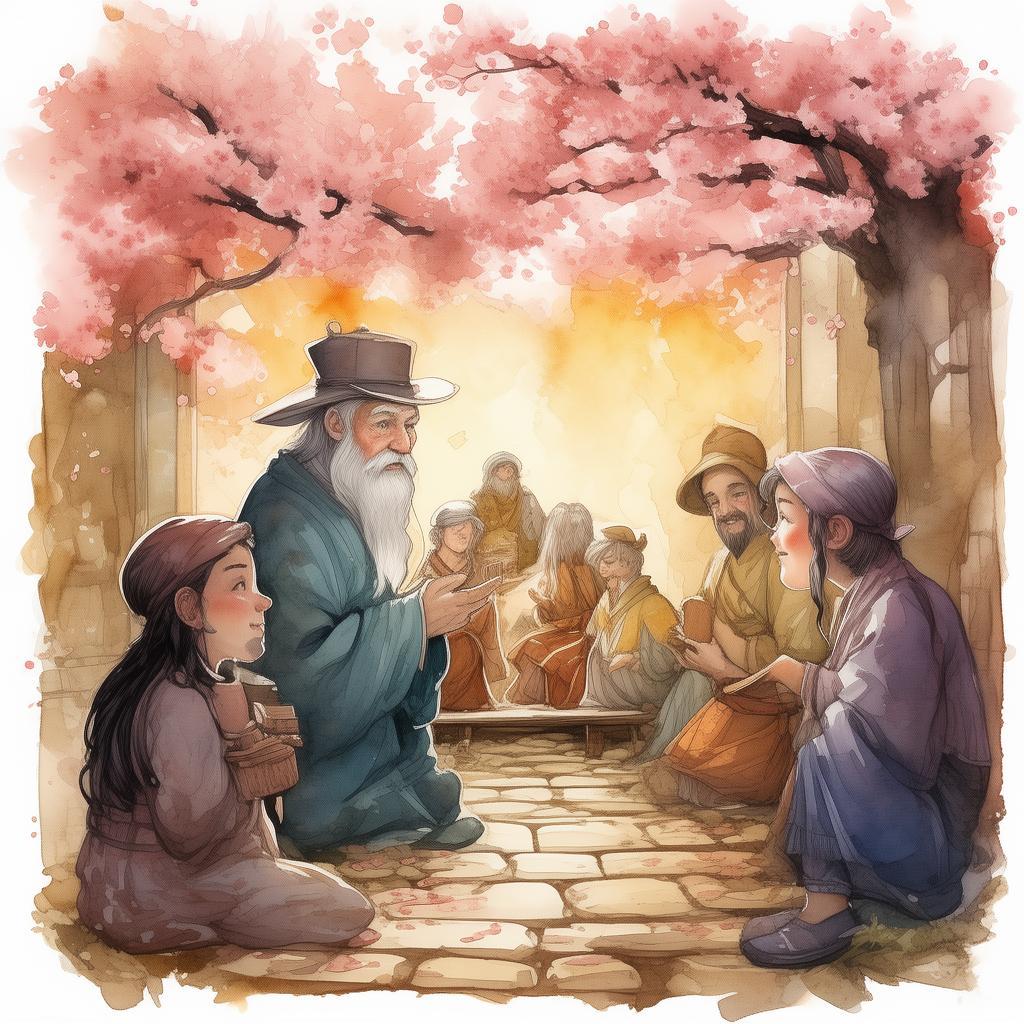Lotus Blossoms and Dragon's Devotion
In the heart of ancient China, where the mountains kissed the clouds and the rivers sang lullabies to the stars, there lived a dragon named Qing Feng. Qing Feng was no ordinary dragon; he was a guardian spirit of the Eastern Sea, a being of great power and wisdom. His scales shimmered like molten gold, and his eyes held the wisdom of ages. Yet, despite his celestial status, Qing Feng had a peculiar fondness for the lotus flower, which he found blooming in a serene pond beneath the moonlit sky.
The lotus, known for its purity and beauty, was a symbol of the dragon's own nature. He visited the pond every night, his form shimmering as he glided through the water. The lotus flowers, which opened only under the moonlight, seemed to beckon him, their petals unfurling to welcome him.
One particular night, as Qing Feng approached the pond, he noticed a strange sight. A lotus flower had withered and was dying, its once vibrant colors now a pale shade of white. Qing Feng was struck by a deep sense of sorrow. The flower was a part of the natural order, but it had become an embodiment of his own vulnerability, his mortality.
"Ah, poor thing," Qing Feng whispered, reaching out with a gentle tendril to brush the petals. The flower, sensing the dragon's presence, seemed to stir slightly, though it was too weak to open its petals.
As Qing Feng watched, the moonlight seemed to grow brighter, and the lotus flower began to glow with an ethereal light. It was as if the flower was calling to him, seeking his aid. Qing Feng felt a profound connection to the flower, a connection that transcended his celestial duties.
In that moment, Qing Feng decided that he would sacrifice his immortality for the lotus flower. He knew that by doing so, he would transform into a mortal being, but he believed that this was the only way to truly love the lotus and ensure its survival.
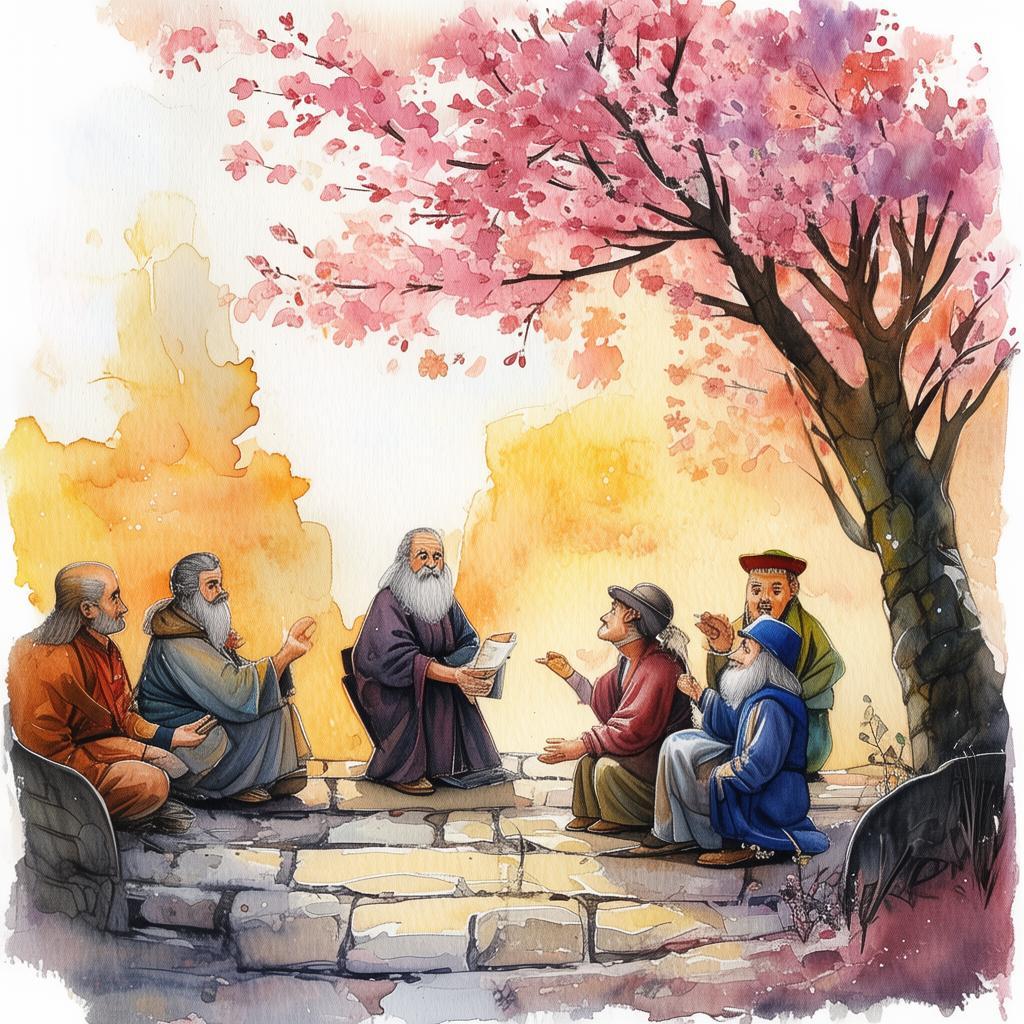
The next day, Qing Feng made his way to the palace of the Eastern Emperor, a powerful and wise ruler who had the power to grant him a boon. Qing Feng revealed his plan to the emperor, explaining his love for the lotus and his desire to become mortal.
The emperor, intrigued by Qing Feng's devotion, agreed to grant him his boon, but with a twist. "You shall become mortal, but your essence shall remain in the lotus flower," he said. "Only with your essence will the flower ever truly bloom."
Qing Feng accepted the boon without hesitation. He felt a surge of energy as the emperor's words took effect, and he transformed into a human being. He took on the name Hua Yuan, meaning "Flower Realm," in honor of his love for the lotus.
Hua Yuan, now a human, lived among the villagers of the small town that bordered the pond. He worked the land, cultivated the lotus flowers, and cared for the people with the same devotion he had once reserved for the dragon realm. He was revered by all, and the lotus flowers flourished under his care.
Years passed, and the bond between Hua Yuan and the lotus flower grew stronger. The villagers spoke of the miraculous flower that bloomed only under the moonlight, its petals opening to reveal a heart-shaped petal at its center, as if to symbolize the dragon's heart that still lived within it.
One fateful night, as Hua Yuan gazed upon the blooming lotus, he felt a pang of longing. He knew that if he were to return to his celestial form, the lotus would wither once more. Yet, he also knew that his essence would remain within it, keeping the flower alive.
In a moment of profound clarity, Hua Yuan decided that his love for the lotus was more important than his celestial form. He chose to remain mortal, to live among the people and care for the lotus, even if it meant never seeing the dragon realm again.
As the years passed, the lotus flower became a symbol of love and devotion, its story passed down through generations. And so, the legend of Hua Yuan and the lotus flower grew, a testament to the power of love that transcends time and the bounds of the natural world.
In the end, the story of Qing Feng, the dragon, and the lotus flower became a parable, teaching that true love is not bound by form or status but by the heart's unwavering devotion. The tale of the Dragon's Love for the Lotus remained a timeless reminder of the beauty and resilience of love, even in the face of impossible odds.
✨ Original Statement ✨
All articles published on this website (including but not limited to text, images, videos, and other content) are original or authorized for reposting and are protected by relevant laws. Without the explicit written permission of this website, no individual or organization may copy, modify, repost, or use the content for commercial purposes.
If you need to quote or cooperate, please contact this site for authorization. We reserve the right to pursue legal responsibility for any unauthorized use.
Hereby declared.
